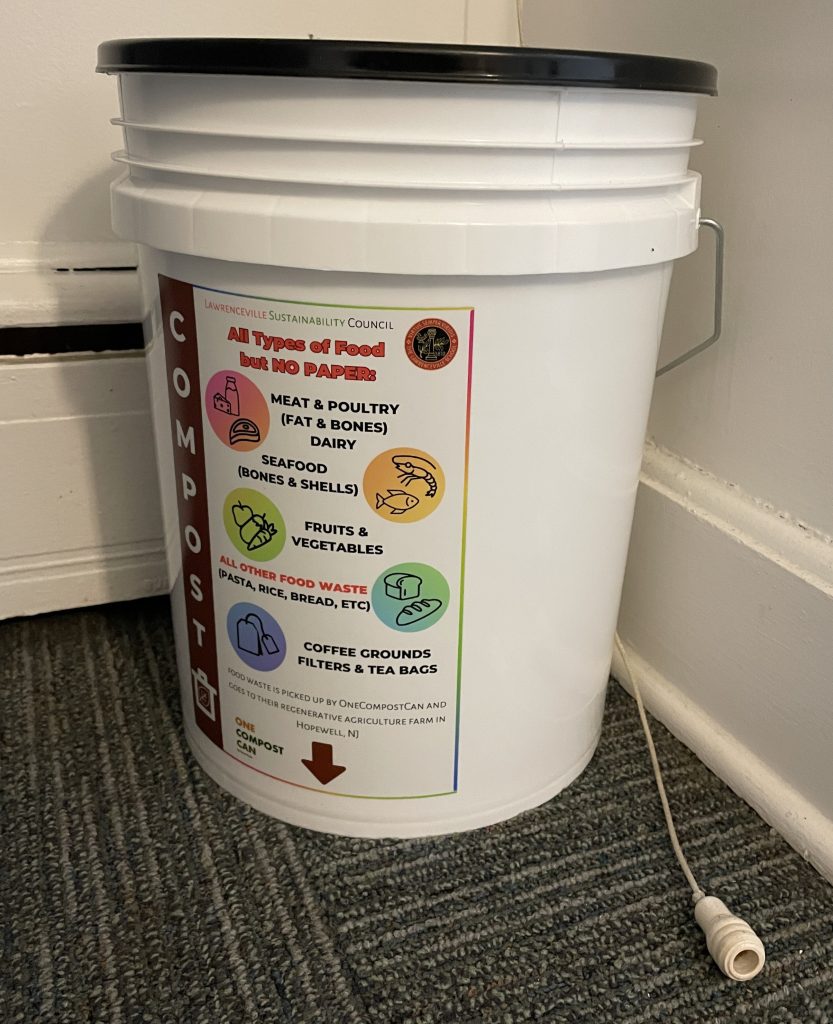
In the U.S., around 60 million tons of food waste are generated every year—the highest amount produced by any country (“Food Waste in America in 2024: Statistics & Facts”). Around 30% to 40% of the total food supply gets discarded nationally (“Food Waste FAQs”); meanwhile, many people living in underprivileged communities suffer from illness due to malnourishment. To prevent food waste from ending up in landfills and to work towards a more sustainable planet, it is essential for people to begin composting at home, an initiative that is easy to implement with the potential to bring significant benefits to our communities.
Composting is the aerobic decomposition of organic matter facilitated by microorganisms, since many microbial communities require oxygen as part of their metabolic respiration processes (“Composting at Home”). The microorganisms harness the carbon and nitrogen molecules as their “food.” A wide variety of carbon-containing materials such as grass clippings, leaves, and food waste can be composted into nutrient-rich soil that would promote plant growth, thus completing one part of the carbon cycle (“Composting at Home”).
In order to compost effectively at home, however, a specific set of guidelines has to be followed to obtain the optimal results. For starters, a good composting bin is needed to store the food waste and prevent bad odors from spreading. Some of the composting bin options recommended by the Wirecutter from The New York Times consist of the OXO Easy-Clean Compost Bin (a plastic pail with smooth walls on the inside to facilitate cleaning procedures) and the stainless steel package free compost bin container that has a long life time (Okamoto). One of the more expensive options recommended by the Spruce Eats is the Lomi Composter, which can accelerate the composting process and convert food scraps,and even the plastic bag that comes with them, into dirt within a few hours (Park). Its simple and organic design also allows the bin to fit into modern kitchens.
Studies have reported that 72% of Americans do not compost at home, but 67% would be willing to compost if the process was easier (“National Waste & Recycling Association Survey Finds Most Americans Would Compost If It Was More Convenient in Their Community”). Choosing the right composting bin is the first step needed to start a healthy composting habit. By starting household composting everyone can play a part in reducing food waste.
Sources
www.epa.gov/recycle/composting-home
www.usda.gov/foodwaste/faqs
www.rts.com/resources/guides/food-waste-america/
www.prnewswire.com/news-releases/national-waste–recycling-association-survey-finds-most-americans-would-compost-if-it-was-more-convenient-in-their-community-239232261.html
www.nytimes.com/wirecutter/reviews/best-compost-bins
www.thespruceeats.com/best-compost-bins-4150354
https://m.media-amazon.com/images/I/71+TDNrHAVL.AC_UF894,1000_QL80.jpg

